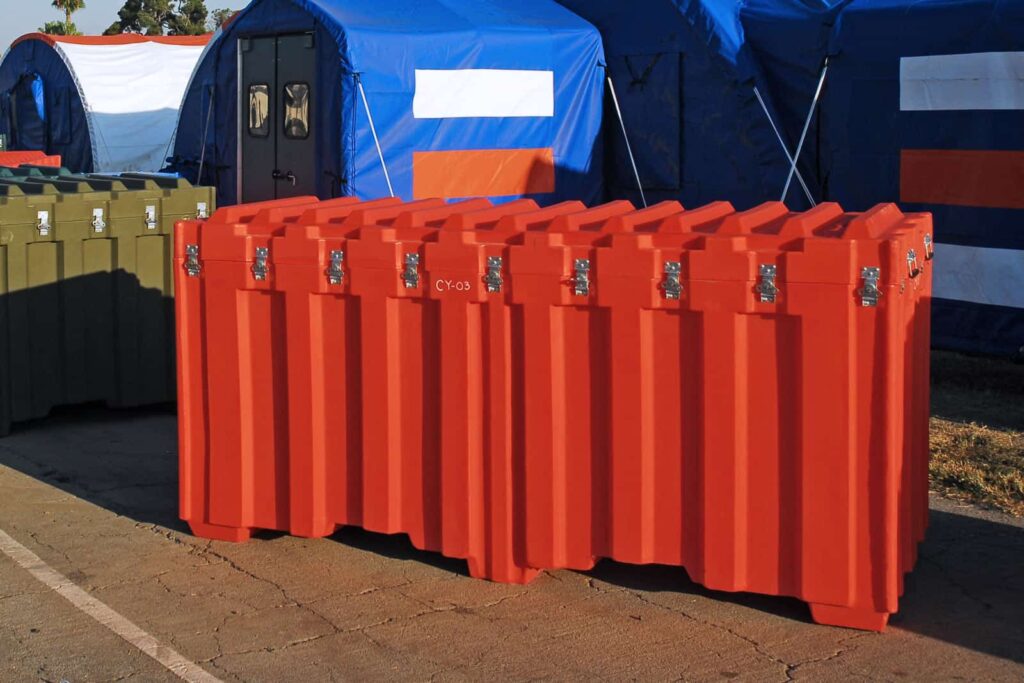Eco-Conscious Logistics – The Impact of Reusable Transport Containers
The logistics industry is a vital cog in the global economy, but its reliance on single-use packaging has significant environmental consequences. Disposable cardboard boxes, plastic wrap, and wooden pallets contribute tremendously to solid waste and resource depletion. However, a shift towards eco-conscious logistics is gaining momentum, with reusable transport containers emerging as a game-changer. Reusable containers, like metal cages, plastic totes, and collapsible crates, offer a sustainable alternative to disposable packaging. Their key benefit lies in the dramatic reduction of waste generation. Imagine the countless cardboard boxes used for just one shipment – replaced by a single, durable container that can complete hundreds of trips. The Reusable Packaging Association estimates that switching to reusables can slash solid waste by a staggering 86%. This not only reduces landfill burden but also conserves precious resources like wood pulp used in cardboard production.

Beyond waste reduction, reusable shipping containers contribute to a smaller carbon footprint. The manufacturing of single-use packaging requires significant energy and resource inputs. Reusable containers, while requiring more upfront investment, are built to last. A single reusable container can replace dozens, even hundreds, of disposable ones, significantly reducing the overall environmental impact associated with packaging production. Studies suggest that reusable containers can lead to a 60% decrease in CO2 emissions compared to traditional methods. There are additional environmental advantages to consider. Disposable packaging often requires secondary materials like packing peanuts or bubble wrap for added protection. Reusable containers are generally designed for sturdiness, eliminating the need for these extra materials. Furthermore, reusables are often easier to clean and sanitize, minimizing water usage compared to disposing of and replacing single-use options.
However, implementing a reusable transport system requires careful planning and collaboration. A key challenge lies in ensuring efficient reverse logistics – the process of collecting and returning empty containers. Effective collaboration between suppliers, distributors, and retailers is crucial. Furthermore, the type of goods being transported and the journey distance must be factored in. For long-distance shipments, the weight of reusable containers can become a factor, potentially affecting transportation efficiency. Despite these challenges, the environmental and economic benefits of reusable transport containers are undeniable. As the logistics industry strives for greater sustainability, reusable containers offer a viable and impactful solution. The shift towards reusables not only benefits the environment by reducing waste and emissions, but can also enhance brand image by demonstrating a commitment to eco-conscious practices. By embracing reusable transport containers, the logistics industry can play a pivotal role in creating a more sustainable future.